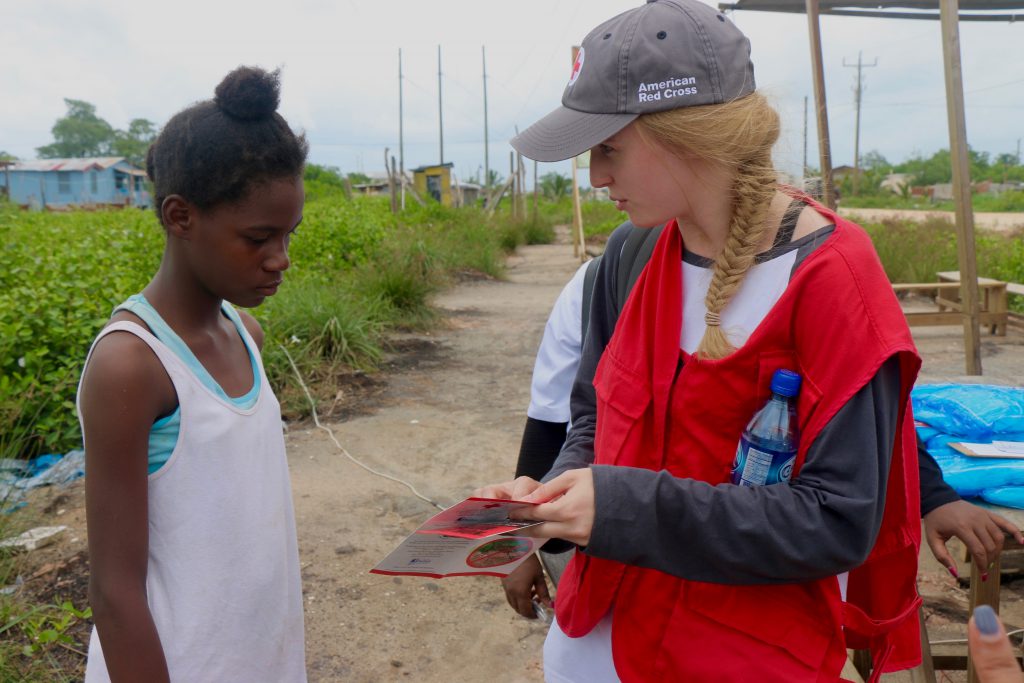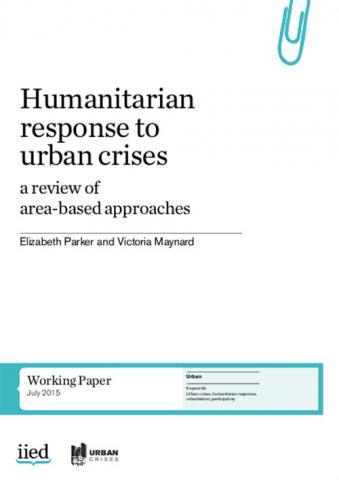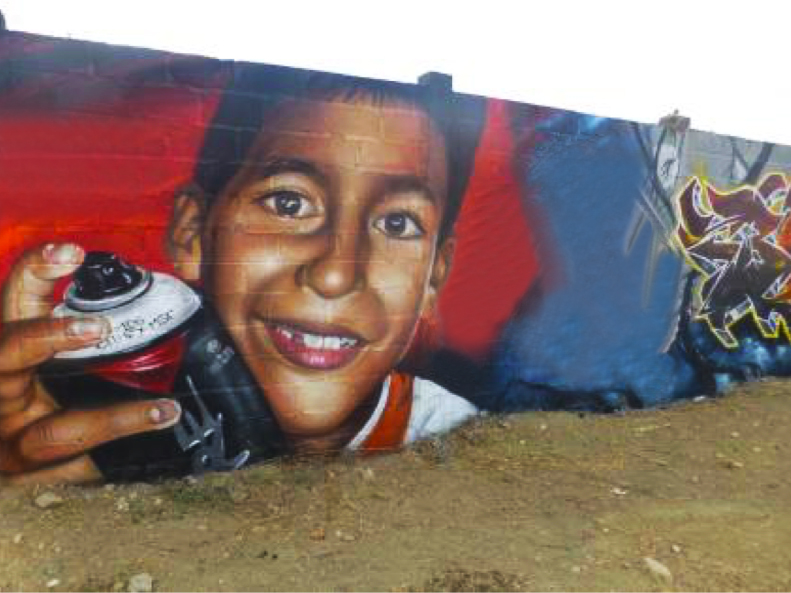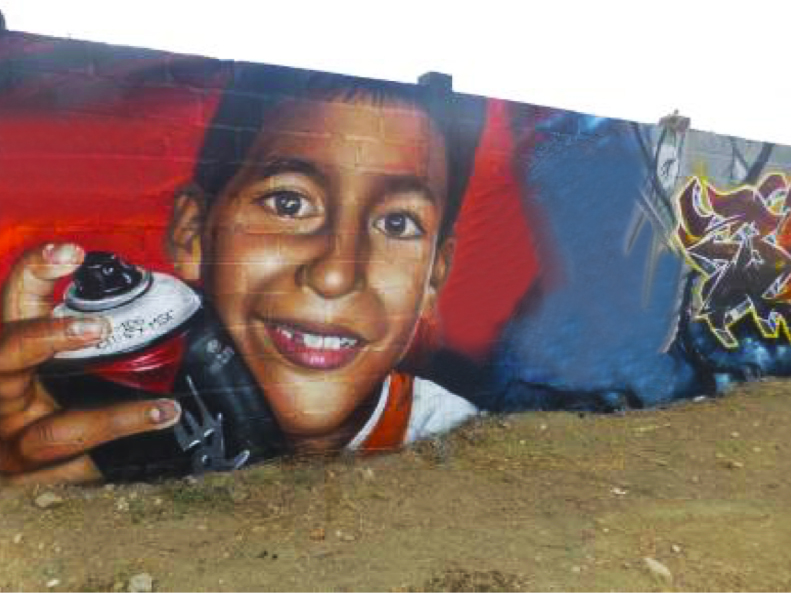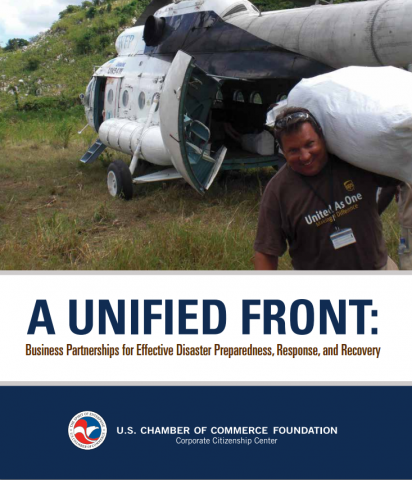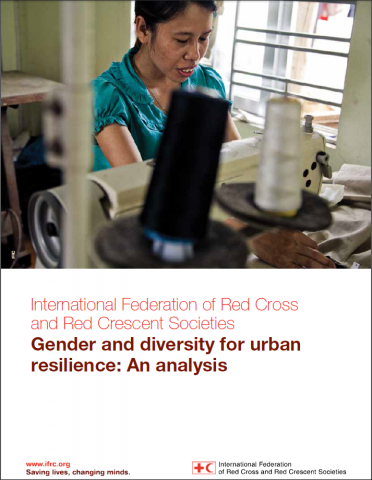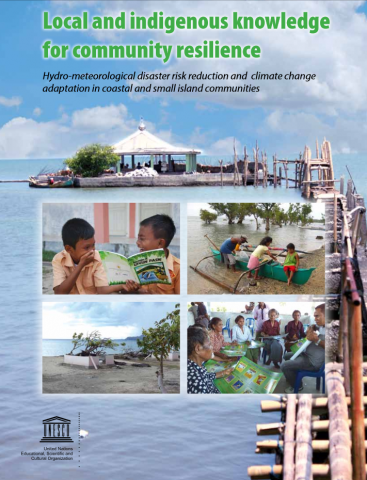A guide to measuring urban risk resilience: principles, tools and practice of urban indicators
This Guidebook describes the principles, tools and practices of three (3) urban disaster risk and resilience indicator systems based on EMI’s collective experience in implementing them in various urban settings in the last decade with local authorities. The objective of the Guidebook and the case studies presented here is to describe the methodology and participatory […]

